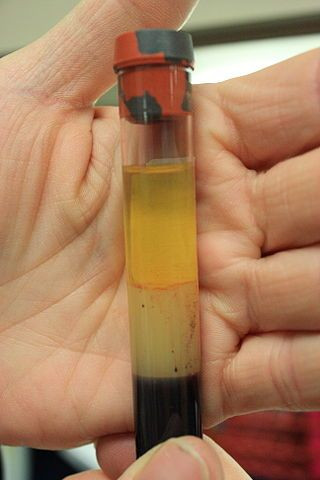FDA Rejects 2 HIV Drugs, Gilead Works to Move Forward

Gilead Sciences, Inc. said it is working with U.S. Food and Drug Administration (FDA) to address questions raised by the agency, which rejected two of its HIV drugs as standalone therapies.
Specifically, the biopharmaceutical company is seeking approval of its drug elvitegravir for people with HIV, who have already been treated with other products. The drug blocks the enzyme integrase which is needed for the HIV virus to replicate. Gilead is also seeking approval of cobicistat, a pharmacoenhancing drug or one that does not itself fight the virus but boosts the function of other HIV medicines.
California-based Gilead submitted its New Drug Applications for elvitegravir and cobicistat in June 2012. Marketing applications are also pending in Europe.
In its communications, FDA states that it cannot approve the applications in their current forms. During recent inspections, the agency states, deficiencies in documentation and validation of certain quality testing procedures and methods were observed.
Both drugs are already contained in Gilead's once-daily single-tablet HIV treatment Stribild, which combines a total of four different medications and was approved by the FDA in August 2012. The current regulatory action does not affect the marketing authorization for or continued use of Stribild.
Stribild is intended for 'treatment-naïve' adults, those who have not received prior HIV treatment. Stopping and re-starting or changing treatments may increase a patient's chance of developing an opportunistic infection or developing resistance to medications.
Treatment of HIV, the virus that can lead to acquired immunodeficiency syndrome, or AIDS, typically involves the use of multiple drugs designed to attack the virus from different angles. Steady adherence to a therapeutic program, which may be complex, can be difficult for many patients.
The Centers for Disease Control and Prevention (CDC) recognizes roughly 1.1 million people in the United States living with HIV at the end of 2009, the most recent year this information was available. Of those people, about 18 percent do not know they are infected.
CDC additionally states that about 50,000 people get infected with HIV each year with nearly 47,500 new HIV infections in the United States in 2010.
Once-a-day elvitegravir requires a boost by cobicistat or another alternative drug that would delay metabolism of elvitegravir.
Having licensed elvitegravir from Japan Tobacco in 2005, Gilead has the right to market the drug globally except in Japan. Gilead has given a number of Indian generic drugmakers, including Ranbaxy Laboratories Ltd., rights to make generic versions of elvitegravir as well as other HIV drugs that will be sold in developing countries.
Thomson Reuters' analysis and averaging of data from financial analysts suggests elvitegravir, if eventually approved, will generate annual sales of about $300 million by 2016; sales of cobicistat should reach, according to Thomson Reuters, roughly $242 million over the same period.
With operations in North America, Europe, and Asia Pacific, Gilead Sciences, Inc.'s portfolio of antiviral drugs generated sales of $8.14 billion in 2012.



























